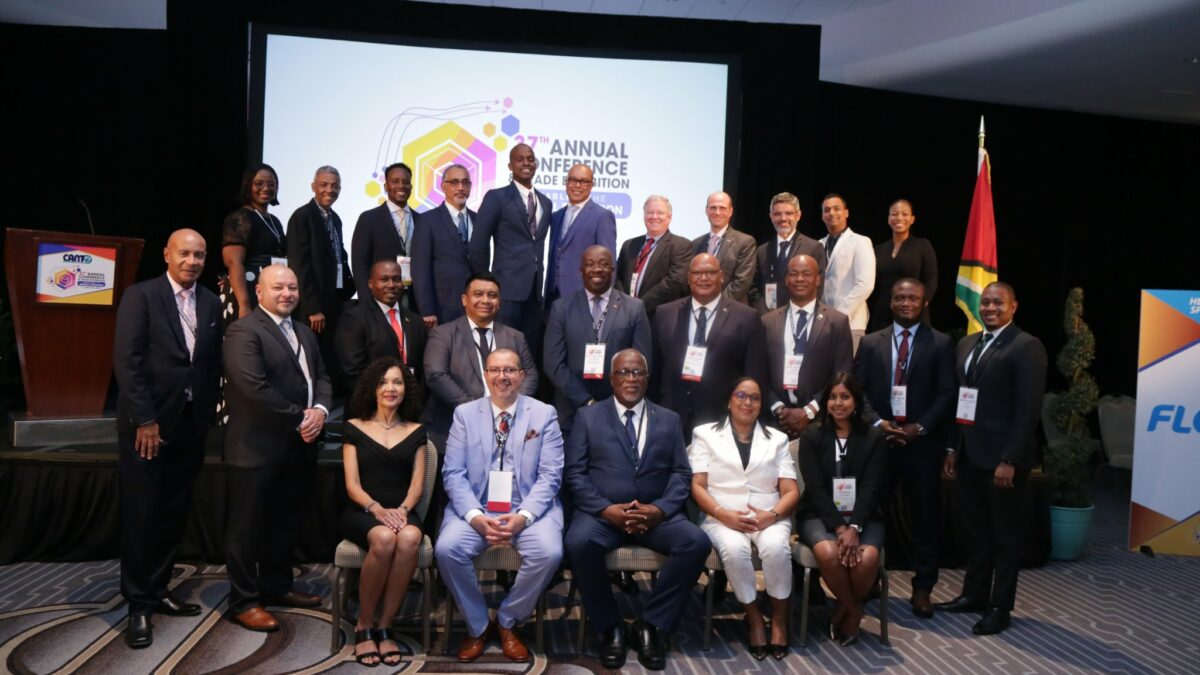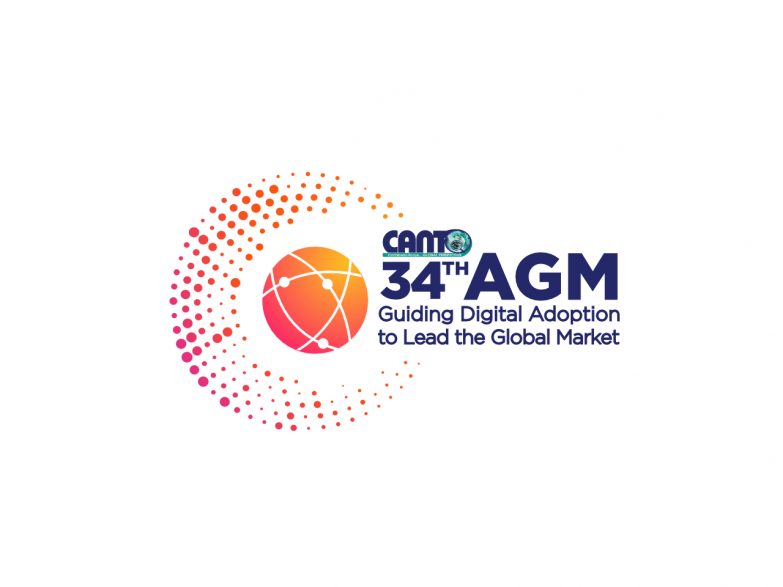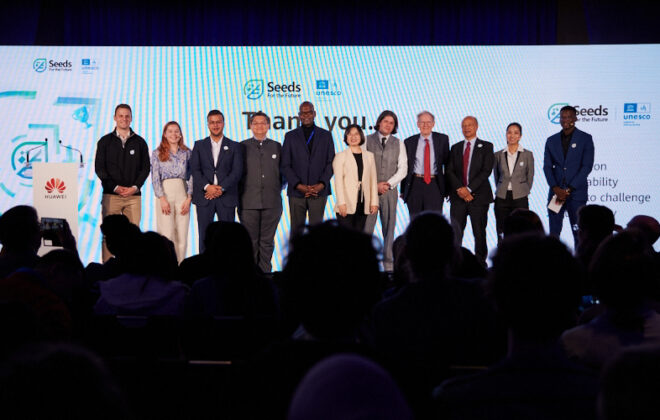Governments Across the Caribbean Share Their Progress in Enabling Digital Evolution At CANTO’s Conference and Trade Exhibition at the Fontainebleau Miami Beach
July 19, 2022 – The CANTO 37th Annual Conference and Trade Exhibition continued at the Fontainebleau Miami Beach, several of the presentations emphasized the need for connectivity during the pandemic and went into greater detail about the requirements following the pandemic to enable true growth and development via digital transformation.
Aamir Husssain, SVP Chief Technology and Product Officer with Liberty Latin America presented on the “Future of Broadband in the Caribbean” and Dr. Hyginus Leon, President of the Caribbean Development Bank, tied this in with the prospects for recovery in the post-pandemic era. This paved the way for the panel discussion “Connecting the unconnected: a look at the Strategies and Challenges involved in getting the Caribbean and Latin America Connected”—which featured panelists like Daniel Best, Director of Projects, Caribbean Development Bank, Honourable Floyd Green, Minister without Portfolio in the Office of the Prime Minister of Jamaica, and Annie Baldeo, Policy Planning and Economics Executive, Telecomm.
This panel raised interesting gaps to echo the issue of the digital divide as an estimated 4.9 billion people or 63% of the world’s population used the Internet in 2021 but a significant percentage of persons who remain unconnected. Daniel Best specified that these are the socially vulnerable people including persons with disabilities, remote communities, migrant populations, indigenous people and female-headed households who are disproportionately affected and in danger of falling further behind on academic targets.
Three Caribbean islands, Jamaica, Barbados, and Trinidad and Tobago then took the stage to highlight what their country has been doing to address these issues and close the gap. ICT, connectivity, and the digital transformation have seen significant developments in Jamaica, according to Honourable Floyd Green, Minister in the Office of the Prime Minister of Jamaica. The Honourable Minister discussed the country’s 2030 vision, which views ICT as an enabler and a tool for becoming a developed nation by that year. This will include three development pillars for Jamaican citizens to build trust, improve services, and digitize processes. He declared that 9 Parish Courts were connected via microwave, 13 Parish Courts were now connected via fiber and that 95 percent of the fiber backbone had been completed. In August, yet another one hundred high bandwidth schools will be connected.
The Connect Jamaica initiative forms part of the Government’s thrust to provide Internet access to 189 underserved and unserved communities across Jamaica. Minister Green’s announcement of the opening of a coding academy and the beginning of mainstream coding in publish schools made it abundantly clear that the Jamaican government is dedicated to education. He gushed, “The first cohort of graduates received their National Council on Technical and Vocational Training in June 2022, following a successful one-year pilot with 100 participants.”
Honourable Davidson Ishmael, Minister of Industry, Innovation, Science and Technology, Barbados shared similar sentiments stating that their vision is to make digital services available to all. He stressed the importance of using “EASE – Easy, Affordable, Safe and Efficient” to do so. Minister Ishmael asserts that this government has taken the initiative to drive digital transformation, even though the government views collaboration with the private sector as essential.
Mr. Wayne Nakhid, Deputy National Chief Digital Officer, represented the Government of Trinidad and Tobago and shared the vision to digitize all government services with 3 pillars namely, Digital Society, Digital Economy and Digital Government.
He clarified that the term “Digital Society” refers to the need to guarantee that citizens have access to technology that is both affordable and usable. In this sense, having access to reasonably priced broadband internet is regarded as a public good, alongside other necessary services like electricity and water.
The goal of Trinidad and Tobago’s Digital Economy agenda is to expand the country’s technology-based economy. The third pillar, Digital Government, combines several distinct bodies of work, including the digitization of government information and data, the digitalization of business processes through the use of appropriate technology, and the facilitation of the development of an environment that is conducive to digital transformation.
Embracing all of the opportunities for digital transformation and the increased use of technology also presents some drawbacks and so the panel discussion that followed addressed “Anti-fraud and Cybersecurity Solutions to Protect Your Business,” “Cybersecurity at Telco Market,” and “DevSecOps: A New Collaborative Approach,” as the topic of cybersecurity took center stage in the evening session.
A full day of knowledge exchange, compelling and engaging presentations culminated with networking opportunities sponsored by FLOW.




